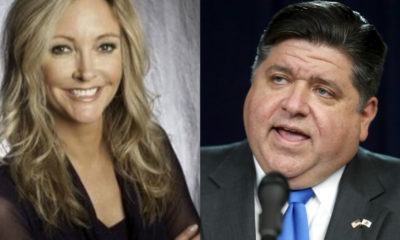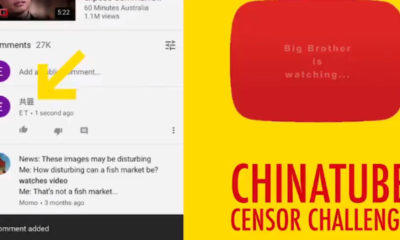A German official has invited Twitter CEO Jack Dorsey to move his company there following President Donald Trump’s executive order aimed at protecting free speech on social media.
Germany, of course, is not exactly known for their respect for free speech, as they ban anything “capable of inciting popular hatred.” It actually sounds like a perfect match for a platform that arbitrarily bans accounts for edgy banter.
Thomas Jarzombek of Germany’s Economic Affairs Ministry tweeted on Thursday, “Hey @Twitter & @jack, this is an invitation to move to Germany! Here you are free to criticize the government as well as to fight fake news. We have a great startup and tech ecosystem, your company would be a perfect fit and I will open any doors for you!”
He also tagged President Trump in the tweet in an attempt to make sure that his dig would be noticed.
Earlier in the day, President Trump signed an executive order that aims to increase government regulation of the “new public square” by challenging their Section 230 protection from being held liable for content posted by users
Under Section 230, platforms that are not publishers cannot be held liable for most posts by users on their sites. By censoring certain opinions, the platform has crossed the line into acting as a publisher with an editorial line, which is not protected.
“Trump’s directive now could set the stage for federal regulators to write new rules and issue new punishments for companies deemed to exhibit political bias,” the Washington Post explained.
The order also established a council to probe allegations of censorship of users based on their political views and asked the Federal Trade Commission to probe whether or not content-moderation is falling in line with their pledges of neutrality to users.
“In a country that has long cherished the freedom of expression, we cannot allow a limited number of online platforms to hand pick the speech that Americans may access and convey on the internet. This practice is fundamentally un-American and anti-democratic. When large, powerful social media companies censor opinions with which they disagree, they exercise a dangerous power. They cease functioning as passive bulletin boards, and ought to be viewed and treated as content creators,” the order read.
“The growth of online platforms in recent years raises important questions about applying the ideals of the First Amendment to modern communications technology. Today, many Americans follow the news, stay in touch with friends and family, and share their views on current events through social media and other online platforms. As a result, these platforms function in many ways as a 21st century equivalent of the public square.”























